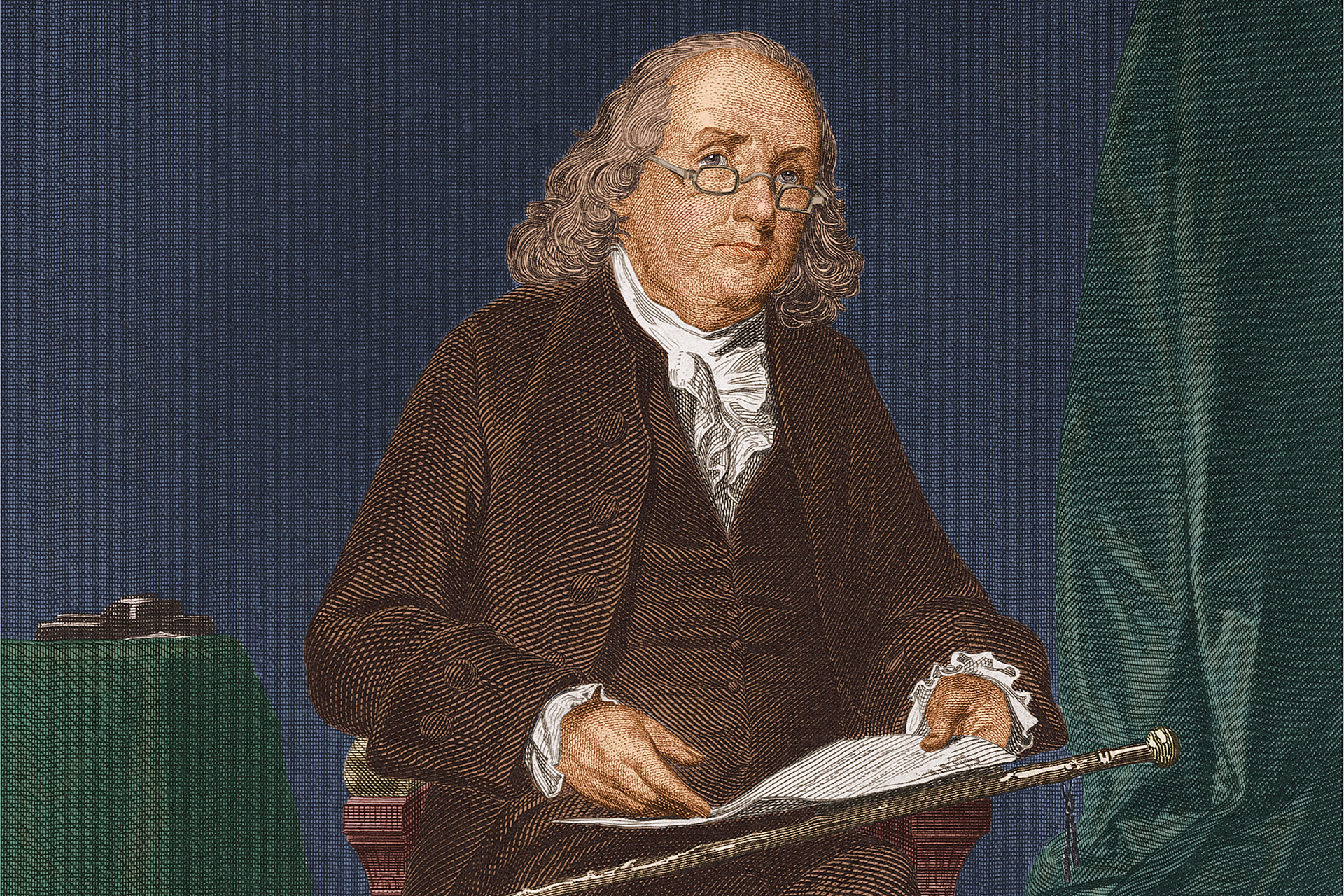Benjamin Franklin: A Statesman of Many Hats
Benjamin Franklin, one of the most multifaceted figures in American history, left an indelible mark on the nation's diplomatic, scientific, and political landscapes. His groundbreaking contributions as a diplomat, inventor, and Founding Father cemented his legacy as a visionary leader and a symbol of American ingenuity. This essay will delve into the complexities of Franklin's multifaceted career, examining the challenges and triumphs he faced, the criticisms he encountered, and the lasting impact of his work.
Franklin the Diplomat: Navigating the Intricacies of International Relations
Franklin's diplomatic career spanned several decades, beginning with his service as a delegate to the Continental Congress during the American Revolution. His efforts were instrumental in securing French support for the American cause, a pivotal alliance that played a crucial role in the colonists' eventual victory. Franklin's diplomatic acumen extended beyond the confines of the Revolution; he played a key role in negotiating the Treaty of Paris (1783), which formally ended the war and established the United States as an independent nation.
Franklin's diplomacy was characterized by a pragmatic approach and a deep understanding of international relations. He recognized the importance of building alliances, fostering mutual respect, and seeking common ground. His success as a diplomat stemmed from his ability to bridge cultural divides, negotiate compromises, and convince others of the righteousness of the American cause.
Franklin the Inventor: A Pioneer of Scientific Discovery
Beyond his diplomatic achievements, Franklin was a renowned inventor and scientist. His groundbreaking work in electricity, particularly his experiments with kites and lightning rods, revolutionized our understanding of the natural world. Franklin's invention of the bifocals, a device that corrected nearsightedness and farsightedness, remains a testament to his ingenuity and his dedication to improving human life.
Franklin's scientific endeavors were not confined to electricity; he also made significant contributions to the fields of meteorology, oceanography, and cartography. His insatiable curiosity and his meticulous approach to experimentation earned him recognition as one of the foremost scientists of his era.
Franklin the Founding Father: Shaping the Course of American Democracy
Franklin played a pivotal role in the drafting of the Declaration of Independence, a document that enshrined the principles of liberty, equality, and self-government. As a Founding Father, he helped to establish the framework for the new nation, contributing to the Constitution and other foundational documents. Franklin's vision for America was one of a society based on reason, tolerance, and the pursuit of happiness.
Franklin's influence on American democracy extended beyond his direct involvement in the founding of the nation. His writings and speeches, which advocated for education, civic engagement, and scientific inquiry, continue to inspire generations of Americans. His legacy as a champion of democratic values has made him an enduring symbol of American patriotism and idealism.
Criticisms and Controversies: Examining Different Perspectives
Despite Franklin's remarkable achievements, his legacy has not escaped criticism. Some historians have argued that his diplomatic efforts during the American Revolution were not as effective as traditionally portrayed, and that he may have overstated his own contributions. Additionally, Franklin's involvement in the slave trade has been a source of controversy, with critics accusing him of hypocrisy given his vocal advocacy for liberty and equality.
It is important to acknowledge these criticisms and to engage with different perspectives on Franklin's life and work. By examining the complexities of his character and the context in which he lived, we can gain a more nuanced understanding of his contributions and the challenges he faced.
Scholarly Research and Credible Sources: Exploring the Depths of Franklin's Legacy
Numerous scholarly works have been dedicated to the study of Benjamin Franklin, providing valuable insights into his life and work. Historians such as Edmund S. Morgan, H.W. Brands, and Walter Isaacson have produced comprehensive biographies that delve into Franklin's multifaceted career and his impact on American history.
In addition to these scholarly works, news articles and other credible sources have shed light on specific aspects of Franklin's life and legacy. Articles in publications such as The New York Times, The Atlantic, and Smithsonian Magazine have provided fresh perspectives on Franklin's diplomacy, inventions, and political influence.
Conclusion: Reflecting on the Enduring Impact of a Visionary Leader
Benjamin Franklin's legacy as a diplomat, inventor, and Founding Father is a testament to his extraordinary intellect, unwavering determination, and unwavering belief in the power of human ingenuity. His contributions to the fields of diplomacy, science, and politics continue to shape the American experience today.
Franklin's legacy reminds us of the importance of diplomacy in resolving international disputes, the transformative power of scientific discovery, and the enduring principles of democracy. As we navigate the challenges and opportunities of the modern world, his life and work serve as a beacon of inspiration, reminding us of the potential for human achievement and the enduring power of visionary leadership.
Norma Pons – Actress, Known For Her Roles In Film And Argentine Telenovelas.
Pablo Neruda – Although Chilean, Neruda’s Influence On Argentine Literature Remains Significant.
Osvaldo Soriano – A Beloved Argentine Writer, Famous For His Novels And Short Stories.



